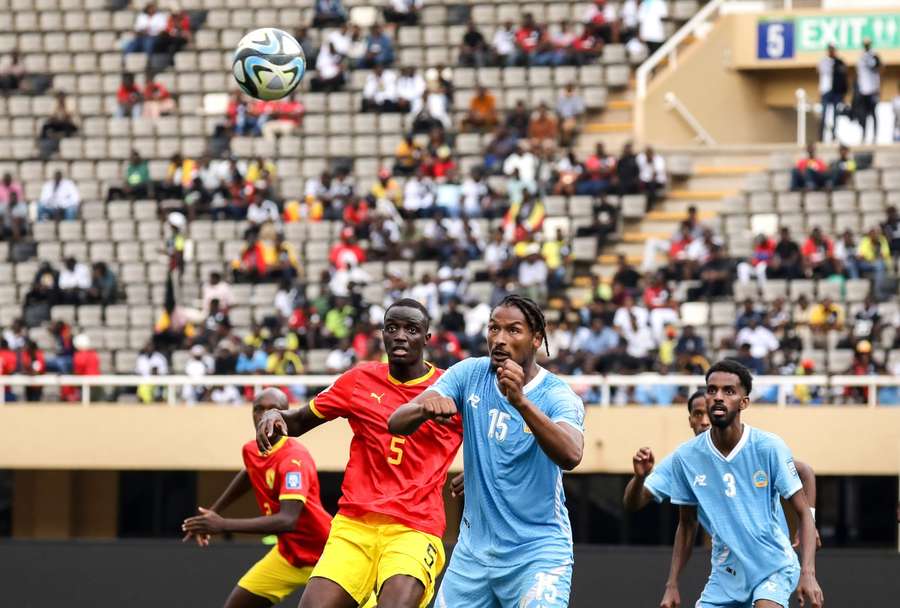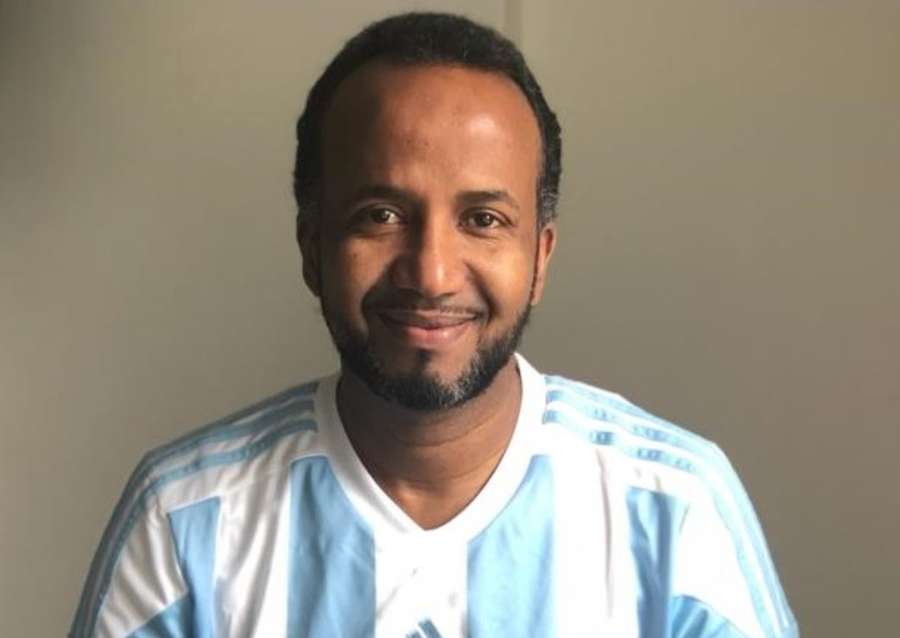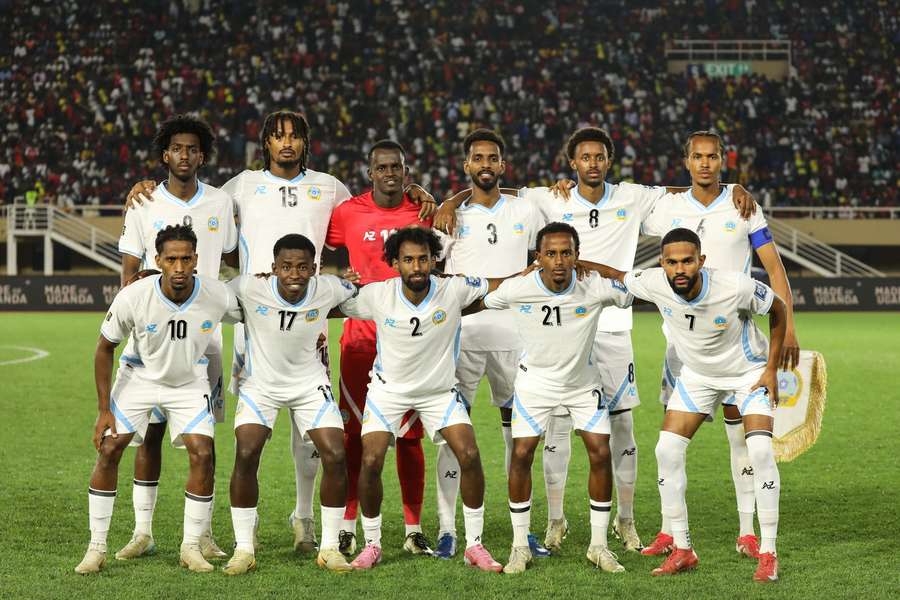Haibeh first joined the setup in August 2019 as head of player recruitment before succeeding Ghana’s Bashir Hayford as the Ocean Stars’ head coach.
His arrival marked a turning point for Somali football. Under his guidance, the team recorded its first-ever FIFA World Cup qualifier victory, defeating Zimbabwe in Djibouti, and later impressed with a spirited display at the 2021 FIFA Arab Cup in Qatar.
Although he stepped down after two years, his commitment to Somali football did not end there. He went on to serve as General Manager, continuing to shape the growth of the game in the country.
Sadly, despite serving in multiple roles, he has yet to receive any payment, with the arrears totaling four hundred eighty-six thousand dollars ($486,000).
In an exclusive interview, the England-based tactician opened up about how the unresolved debt has affected him both personally and professionally, describing it as a painful chapter in his career.
"Financially, this matter has imposed considerable strain," the soft-spoken Haibeh told Flashscore.com.
"The agreed salary would have sufficed for essential living expenditures, but non-payment forced reliance on depleted savings and debt accumulation."
"Professionally, the binding three-year exclusivity clause legally barred supplementary employment during this period, exacerbating the financial detriment."
Coach Haibeh discusses the efforts to resolve the issue with the Somalia Football Federation and the results of his complaints to both the Confederation of African Football (CAF) and FIFA.

"Although the General Secretary was responsible for my contract, payment administration appears distinct," he continued.
"Having received no response to multiple official communications (calls, messages, emails) directed to both the SFF General Secretary and the Federation President, I formally pursued the matter through the FIFA Football Tribunal."
"Also, despite formal attempts to engage CAF, my communications received no acknowledgment. Subsequently, I filed an official complaint with FIFA."
Haibeh went further: "Regrettably, the FIFA Football Tribunal dismissed my case. This dismissal occurred even after submitting a witness statement from the individual who served as Somali Football General Secretary at the time of my contract signing."
"Notwithstanding the SFF’s failure to respond as defendants. It is established Tribunal procedure to dismiss cases when Member Associations ignore requests to respond."
"This outcome raises serious concerns about equitable treatment for individuals advancing the sport under challenging circumstances."
Flashscore has learned from reliable sources that coaches Abdellatif Salef, Salad Farah, and Pieter de Jongh—all of whom succeeded Haibeh—had brief tenures as Somalia’s head coach due to unpaid wages.
Similarly, Moroccan coach Rachid Lousteque, who was appointed in July, has not received his monthly €5,000 salary since May 2024 before resigning from his position recently.
Even amid his own predicament, Haibeh offers suggestions on what Somali football must do to prevent future occurrences of unpaid salaries.
"As the most successful Somali coach/manager in the history of the country, I take great pride in having united a divided nation through football during my tenure," he added.

"Regarding financial matters, it is important to note that the salaries and bonuses for technical staff are funded by FIFA. Given that the Somali Football Federation (SFF) is currently under heightened financial monitoring from FIFA (reportedly in a 'red zone' status), and considering that FIFA Forward development funds remain accessible, I believe the most prudent solution is for my outstanding salaries, bonuses, and image rights payments to be settled directly from FIFA to myself."
"My greatest sadness is fighting the country I gave my all to, striving to put it back on the football map a mission I was proud to accomplish. Now, with no one to fight for me, I ask the decent few in football to be a voice for those of us who have been rendered voiceless."
In addition, he said: "While representing the nation, the Somali Football Federation (SFF) operates within a framework of eight largely autonomous states, most of which lack basic football development structures and show little evidence of benefiting from FIFA funding allocated to Somalia."
"Addressing these challenges requires immediate transparency measures under FIFA oversight and equitable resource allocation to ensure that funds reach all states proportionally."
"In addition, electoral reform is essential, with FIFA-supervised elections for SFF leadership, alongside strict candidate vetting to ensure that nominees for President, Vice President, and General Secretary meet rigorous, internationally recognized standards for competency and governance."
At the time of publishing this report, all efforts by Flashscore to obtain a response from the Somalia Football Federation proved futile.


